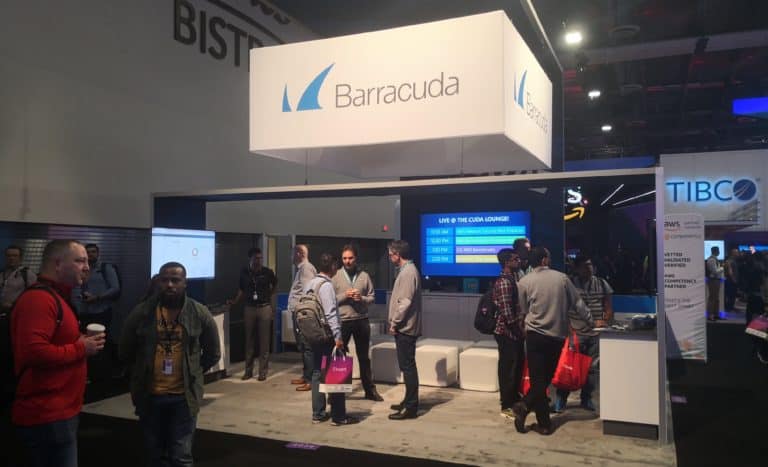Barracuda Networks has launched a security service that helps organizations to automate the security of Microsoft’s Azure cloud. This concerns the Software-as-a-Service (SaaS) solution Cloud Security Guardian for Microsoft Azure.
According to Alain Luxembourg, regional director Benelux at Barracuda, Cloud Security Guardian brings together the requirements of both the CISO or security expert and those of the cloud developer. This enables organizations to quickly develop and deploy new cloud products and tasks on Microsoft Azure, while ensuring that their infrastructure is secure.
In this way, the solution provides an interactive overview of an organisation’s entire cloud ecosystem and clear detailed overviews. Cloud Security Guardian also comes with an option to automatically adjust security settings.
Cloud Security Guardian uses Microsoft’s own Security Graph API to generate security scores and notifications. The solution also uses Barracuda’s threat intelligent library, which helps identify and prevent policy violations that can lead to security risks.
Firewalls
The solution also has the option to automatically deploy and configure Barracuda’s CloudGen Firewalls and CloudGen Web Application Firewalls (WAFs), should this prove necessary.
Cloud Security Guardian can also be integrated with Microsoft’s Azure Firewall. Also for this firewall, the option for automatic deployment and configuration is available. The system itself identifies whether it is necessary to roll out and configure the firewalls.
Cloud Security Guardian will come up with standard security policies, which Barracuda based on the CIS Benchmarks. The policy rules are therefore certified by CIS. In addition, security compliance frameworks such as PCI DDS and HIPAA are supported.
Availability
Barracuda has made its Cloud Security Guardian for Microsoft Azure immediately available as a SaaS solution. The solution is available through the Microsoft Azure Marketplace, with a licensing structure based on the number of resources protected.
This news article was automatically translated from Dutch to give Techzine.eu a head start. All news articles after September 1, 2019 are written in native English and NOT translated. All our background stories are written in native English as well. For more information read our launch article.